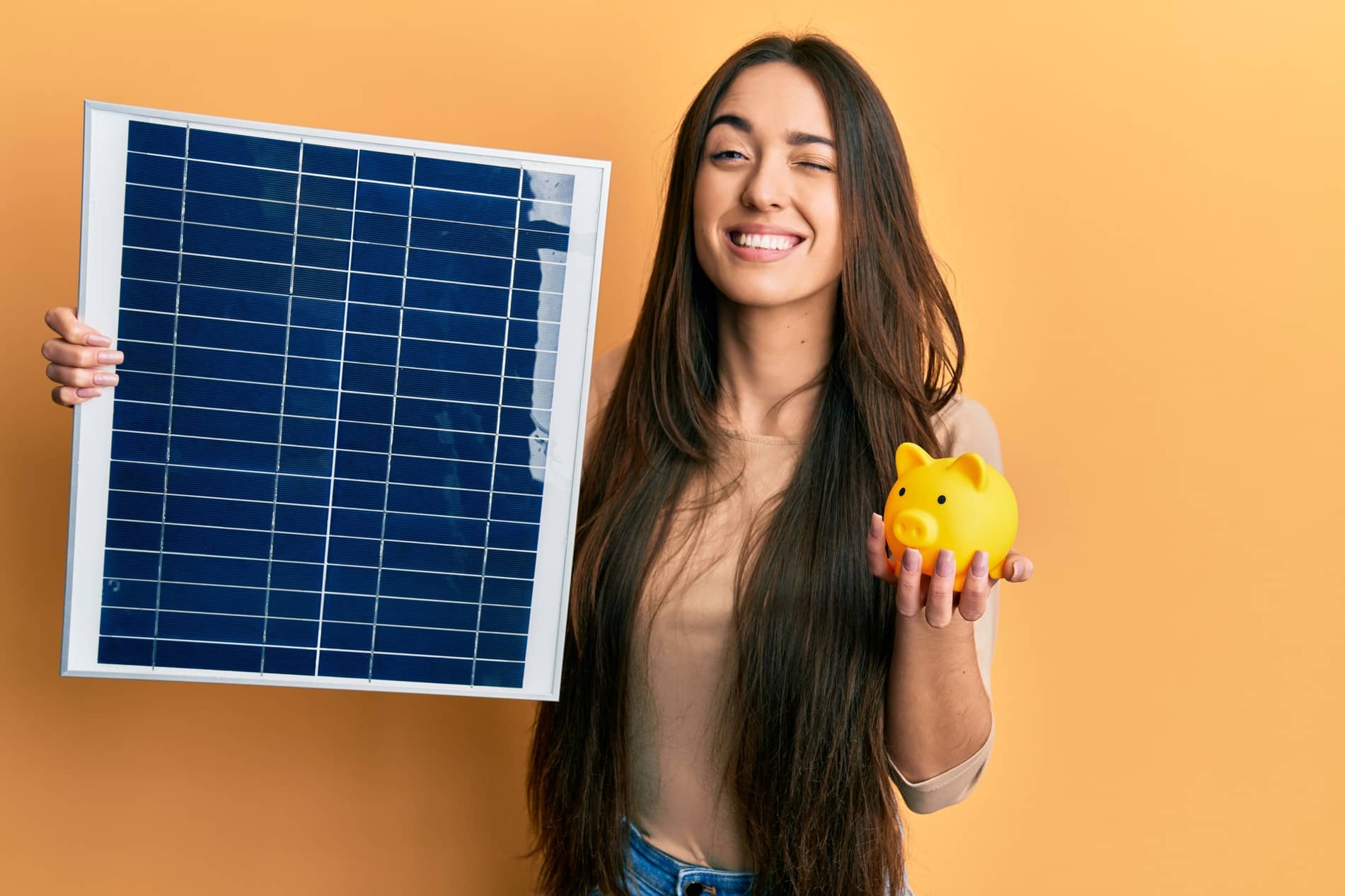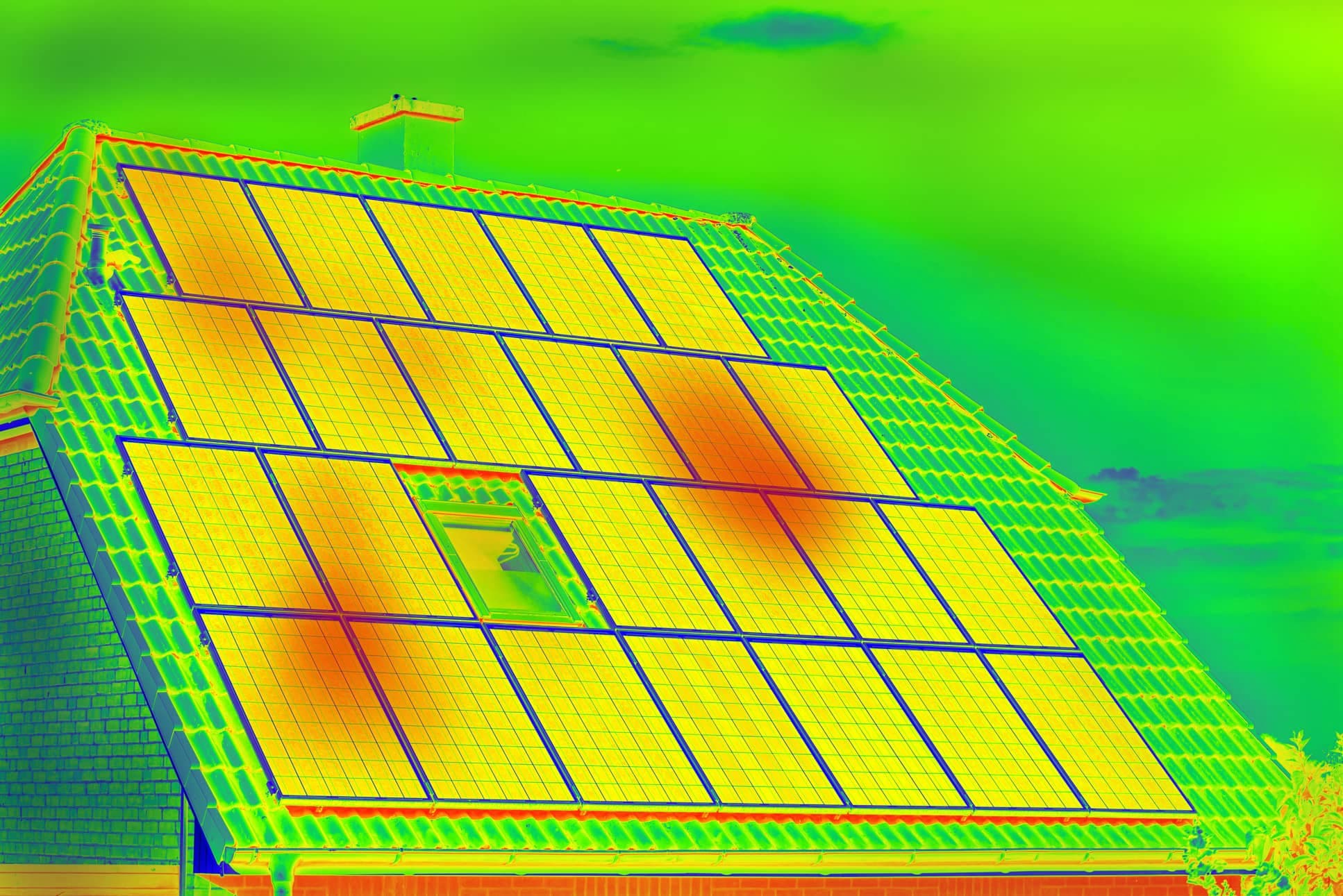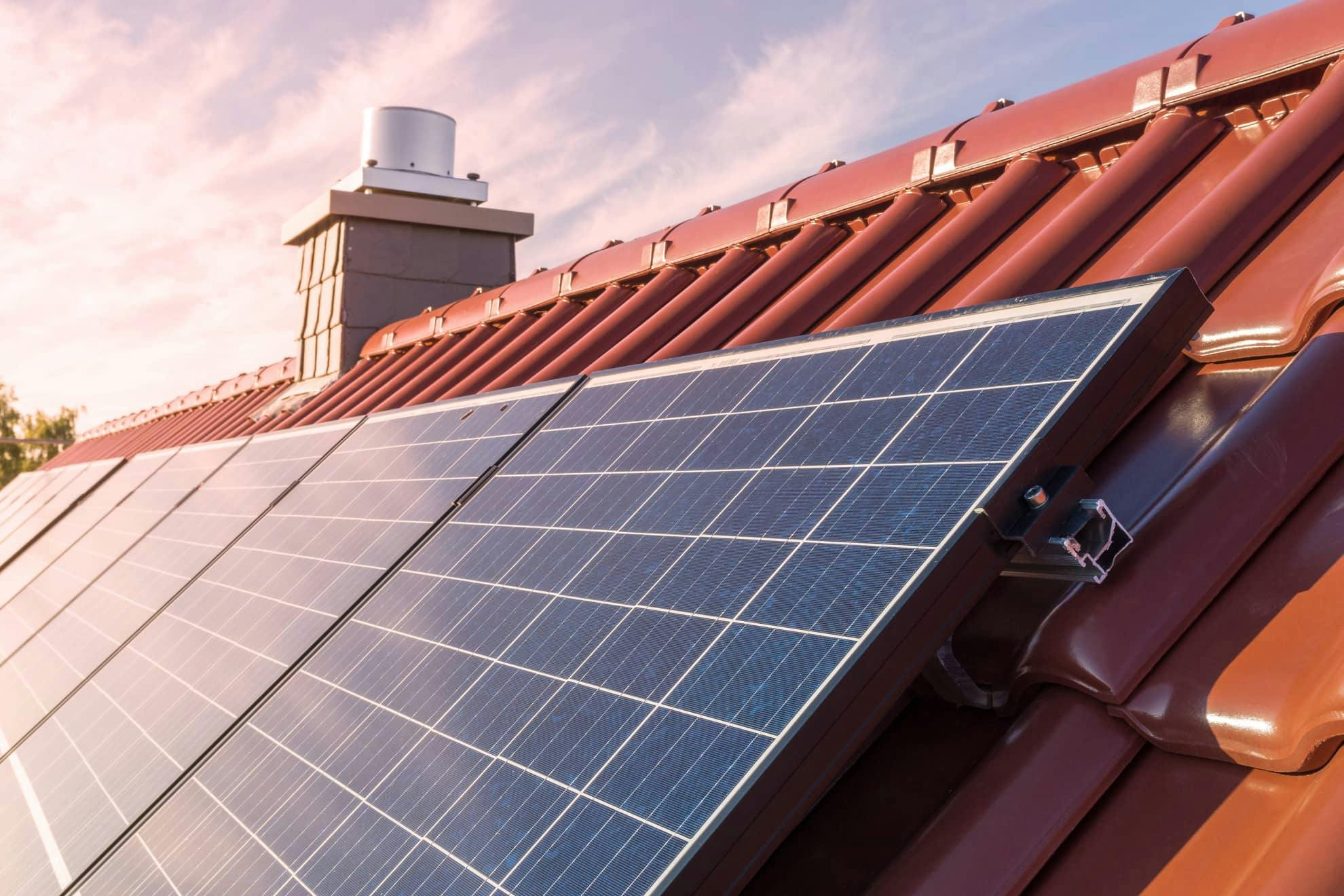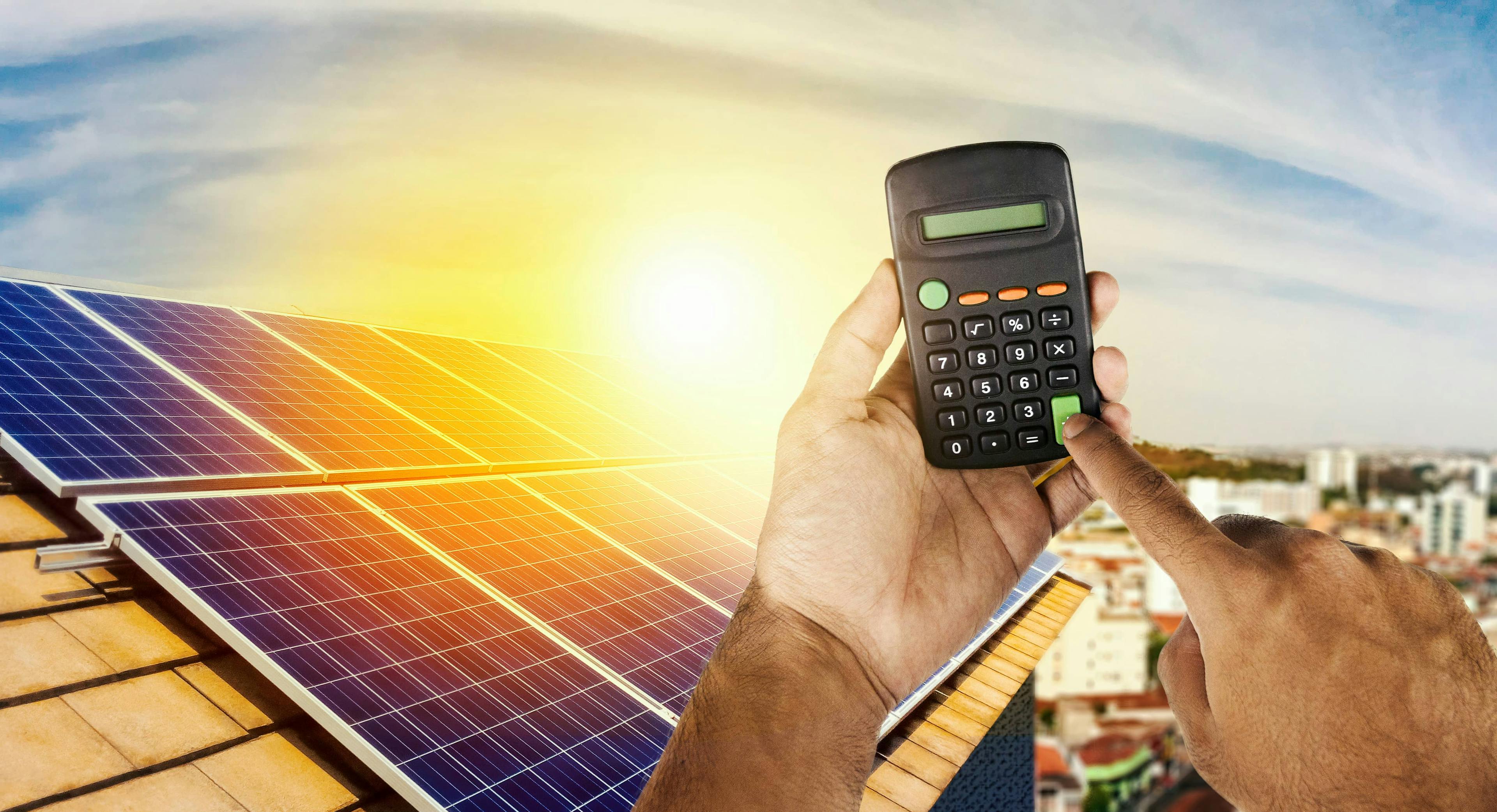In Spain, photovoltaic solar self-consumption is an increasingly chosen alternative to reduce dependence on the conventional grid and contribute to the energy transition towards renewable energy sources.
With this, a provision that has been implemented to encourage self-consumption is the so-called surplus compensation, which allows users who produce more energy than they consume to sell it to the electricity grid and receive financial compensation for it. Royal Decree 244/2019 in Spain establishes the regulatory framework for self-consumption with surpluses. According to this decree, those who have self-consumption facilities of up to 100 kW can take advantage of the measure, as long as they meet certain technical and administrative requirements.
What is surplus compensation?
When the generation of solar energy is greater than the energy used in the home, the excess energy is turned into the electrical network and the owners are financially compensated. This measure allows users to make their solar panel installation profitable, while contributing to the generation of renewable energy in the electrical system. In addition, self-consumption with surplus compensation also promotes energy efficiency and the reduction of greenhouse gas emissions.

Generate savings by compensating surpluses with solar panels.
Solar rates with compensation for self-consumption surpluses
The owners can take advantage of the compensation mechanism through the simplified modality or by contracting a specific surplus compensation contract.
In both cases, the user can reduce their electricity bill and, in some cases, even generate additional income by selling the excess energy, saving money as a result.
Having a photovoltaic installation is an excellent option to reduce the costs of conventional electricity consumption while contributing to the transition towards a more sustainable energy model.
Simplified surplus compensation
The concept of simplified compensation is the mechanism most used by users of photovoltaic solar self-consumption in Spain. In this, the excess energy that is produced is poured directly into the conventional electrical network and is deducted from the household electricity bill.
In this way, the need for electrical energy that is used from the electric company is reduced. Electricity fed into the network is valued at the average wholesale market price at the time it is produced and is deducted from the home's electricity consumption at the same time.
Surplus compensation contract
Hiring a contract with the retailer is another option for users of photovoltaic self-consumption in Spain. In this case, users and the electricity company agree on a price per kilowatt hour (kWh) of solar energy that is poured into the network.
In this way, the excess energy produced is poured into the network and is financially compensated at the price agreed with said company.
Which company pays the best for self-consumption surpluses?
Most of the electricity companies in Spain have special compensation agreements for users of self-consumption systems. The value per kilowatt hour of energy produced and sent to the network depends on the company and the selected rate, however we can say that the price of the surplus changes every hour and is approximately 0.05 - 0.06 €/kWh. The best rate for compensation is that of the regulated market or PVPC.
Therefore, it is necessary to compare the different alternatives available in the market to determine which company offers the best compensation for selling the energy.
How long does surplus compensation take?
In general, the term is usually one to three months from the billing date on which the surplus was recorded (that is, the energy that you have not consumed). Even so, it is important to bear in mind that this period may vary depending on the marketing company with which the service is contracted and the number of procedures to be carried out.
Therefore, it is important to find out in advance about the conditions for the sale of energy and the return of surpluses, as well as the terms and requirements necessary to receive the corresponding compensation.
In conclusion, photovoltaic solar self-consumption with surplus compensation is a great alternative to promote the generation of renewable energy in Spain. However, it is necessary to continue working on removing barriers and promoting measures that promote self-consumption and the energy transition towards a more sustainable and efficient system.
Therefore, if you also want to contribute your bit in the transition towards clean energy for a healthy and habitable planet for future generations, from Quiero Sol we help you to understand the concepts of solar energy, photovoltaic self-consumption, and also to get instant quotes so you can compare before buying your solar products or hiring an installation company. Contact us if you have questions!




